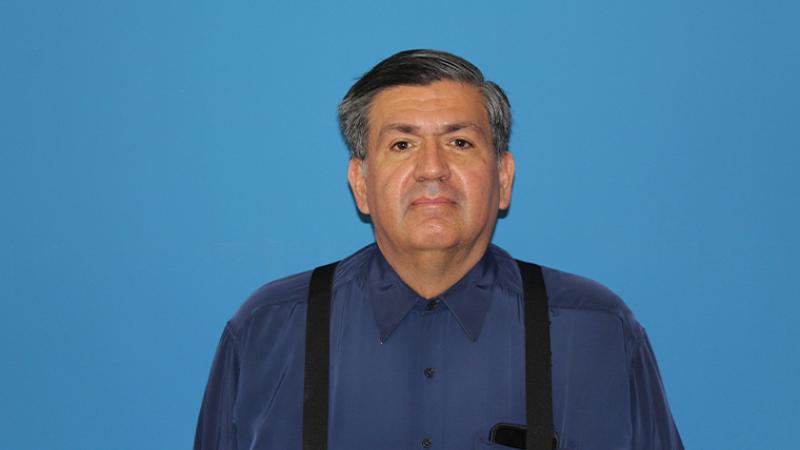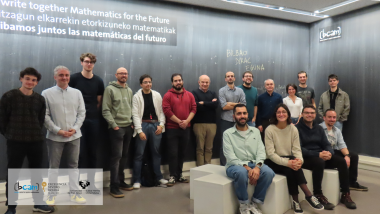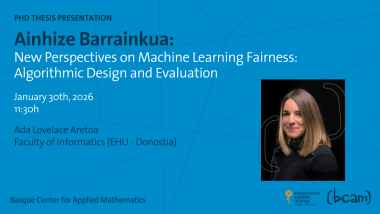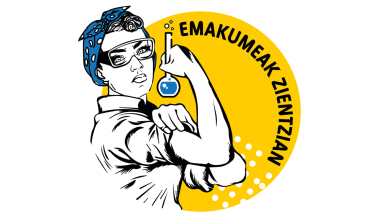Research area:
BackMTB
With a highly interdisciplinary team, our research addresses significant mathematical problems and fundamental questions in medicine and biology.
Research area:
BackCFDMS
In the CFD-MS group we develop novel multiscale models and high-performance simulation algorithms to describe the dynamics of simple and complex fluids from microfluidics up to macroscopic flow conditions.
Research area:
BackCO
Combinatorial optimization problems are ubiquitous in the real-world. Routing, scheduling, location, or cutting/packing, are examples of common problems in this area. Most of these problems are characterized for having a complexity that makes it impossible to solve high-dimensional instances to optimality, and here is where metaheuristics algorithms come to play. Metaheuristic algorithms are a set of techniques and algorithms that, although in most of occasions do not guarantee to find the global optimal solutions, they provide high-quality solutions in affordable computation times.
Research area:
BackWAVE
What these three topics have in common is that they will be studied making a modern use of classical techniques of Harmonic Analysis, such as: Oscillatory Integrals and Gauss Sums to describe the dynamics of vortex filaments, Singular Integral Operators like the Cauchy Integral to study shell interactions for Dirac equations and confinement, and Carleman estimates to obtain lower bounds that eventually lead to prove new uncertainty principles. More concretely,
Research area:
BackQM
Since its origins in the 1920s, Quantum Mechanics has remained one of the most vibrant and intellectually rich areas of research in both Physics and Mathematics. However, since the early 2000s, and with a significant acceleration in recent years, we have witnessed a turning point with the rise of what is now called the second quantum revolution, or Quantum 2.0.
Research area:
BackMSLMS
Created in September 2010 and led by Ikerbasque Research Professor E. Akhmatskaya, the MSLMS group was strengthened in 2020 by the joint Oxford - BCAM Severo Ochoa Strategic Lab on Modelling with PDEs in Mathematical Biology coordinated by Prof. J. A. Carrillo (University of Oxford, UK) and Prof. E. Akhmatskaya (BCAM). The research of the group and Lab is complementary (Figure 1).
Latest news
View allBCAM people
Coello is an Ikerbasque Research Professor at BCAM (Group Leader, Combinational Optimization) The panel will be composed of 40 members with a three-year term, selected on the basis of geographical balance and disciplinary diversity. It is the first global scientific body that is “completely…
Events
Bilbao Dirac Eguna 2026 takes place at BCAM
On January 14th, the University of the Basque Country (EHU) and he Basque Centre for Applied Mathematics (BCAM) hosted Bilbao Dirac Eguna 2026, a one-day scientific meetin
BCAM people
Ainhize Barrainkua will defend his thesis on Friday, January 30th
- The defence will take place at Ada Lovelace Aretoa, Faculty of Informatics (
About the center
BCAM joins Emakumeak Zientzian 2026 to highlight women’s talent in science
- BCAM is part once again of the Emakumeak Zientzian initiative, a collective project aimed at highlighting the role
Job Offers
View allNo incoming offers were found.




